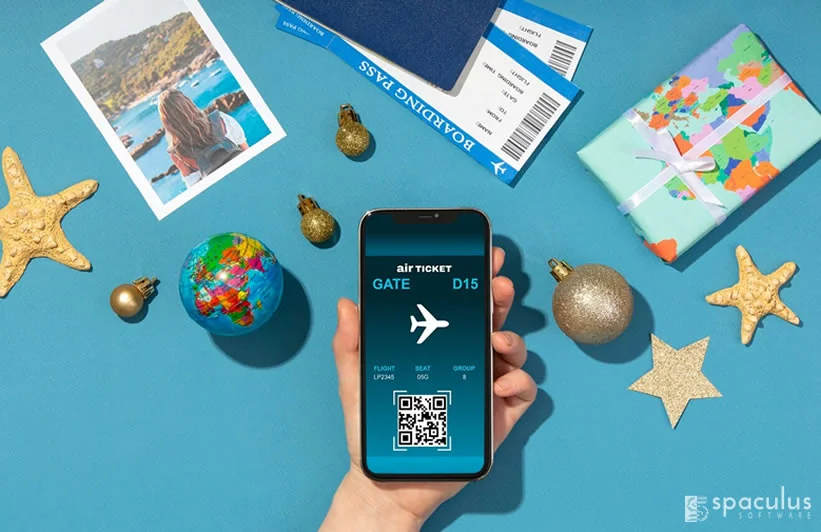
The demand for online travel booking apps has surged as more people use their smartphones to plan trips and holidays. Travelers now expect apps to provide seamless planning, bookings, and recommendations, making it essential for travel apps to offer features that stand out.
Here are the must-have travel app features that can fascinate travelers and make your app a success:
A key feature for travelers is offline access, especially when they are in remote locations or areas with limited internet connectivity. Apps that allow users to access essential features like maps, itineraries, and local guides without an internet connection offer a significant advantage. Offline access ensures that users can continue to use your app, even in places with spotty Wi-Fi or no data access.
Travelers often need to find specific locations or services during their trips, whether it’s a restaurant, tourist attraction, or local event. A robust search function paired with advanced filters makes it easy for users to find exactly what they are looking for. Filters can allow users to narrow their search by categories such as budget, ratings, distance, or type of activity.
For many travelers, creating a travel itinerary can be overwhelming, especially when visiting multiple locations. A travel plan generator automates the process by providing personalized itineraries based on the user’s input, such as destination, duration, and interests. This feature can suggest popular tourist spots, hidden gems, local activities, and even dining options.
Why it matters:
How to implement:
travel app becomes truly valuable when it offers comprehensive booking options for flights, hotels, trains, and buses. Allowing users to book their entire trip in one place simplifies the process and saves time. Offering loyalty rewards, referral bonuses, or discounts can further incentivize users to book through your app.
Why it matters:
How to implement:
When visiting a new city or country, navigation is one of the biggest challenges for travelers. With geolocation features and built-in GPS, users can easily find their way to their hotel, restaurants, or attractions. Providing real-time navigation enhances the overall travel experience by helping users feel confident and safe in an unfamiliar place.
Why it matters:
How to implement:
Travelers are often caught off guard by unexpected weather conditions that can affect their plans. By offering a real-time weather forecast feature, your app can help users stay informed about current and upcoming weather, allowing them to make adjustments to their itineraries.
When traveling internationally, converting currency and keeping track of different time zones can be a hassle. A currency converter and time zone tracker within your app eliminates the need for external tools, offering users a more seamless travel experience.
Travelers often need local transportation as soon as they arrive at a destination. By integrating third-party services like Uber or Lyft, your app can help users book rides directly within the app. This convenience encourages repeat use and adds value to your travel app by solving a common travel pain point.
Travelers love sharing their experiences on social media. Including a social sharing feature allows users to easily post photos, reviews, or updates about their travels. This not only enhances the user experience but also increases the visibility of your app through word-of-mouth recommendations.
Why it matters:
How to implement:
Travelers trust reviews from other users to make informed decisions about where to stay, what to do, or where to eat. Incorporating a reviews and ratings system helps build trust and encourages users to contribute their own feedback, creating a more engaged and active user base.
Why it matters:
How to implement: